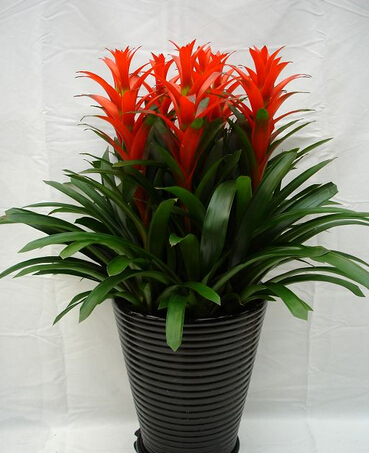This is Scientific American — 60-Second Science. I'm Christopher Intagliata.
Air pollution outside is easy to spot, hanging over the city, or sputtering from a tailpipe. But there's lot of indoor air pollution, too, even if it's not as obvious. It's caused by volatile organic compounds, or VOCs.
"They can come from building materials like paints, carpet, adhesives, vinyl floors, varnishes, solvents, etc." Vadoud Niri, an analytical chemist at the State University of New York, Oswego. "And also they can come from home and personal care products, cleaning chemicals, air freshener, cosmetics."
And that cosmetics part... is what caught Niri's attention. "One day when I went to a nail salon with my wife, I noticed the smell of, specifically, acetone in there. And since I was doing air analysis at that time, I thought maybe we can do something about this." Acetone can irritate your eyes, skin, nose and throat and at high concentrations can cause nausea, headaches and other nervous system problems.

Niri figured one way to get rid of acetone might be with houseplants. So he reviewed decades of literature in the field of plants as environmental cleanup agents—which is called biofiltration or phytoremediation. He then ran his own experiment, using an airtight chamber, eight VOCs, in concentrations similar to those found in nail salons, and five common houseplants: a jade plant, a spider plant, a bromeliad, a Caribbean tree cactus, and what's known as a Dracaena plant.
Turns out, after a twelve-hour test, it was the bromeliad that scrubbed the most chemicals from the air. But as for his original quest, removing acetone from nail salons? The Dracaena beat out the others, sucking up 94 percent of the offensive compound. He presented the results at a meeting of the American Chemical Society, in Philadelphia.
Niri hasn't worked out all the details on the nail salon solution yet—that's next. But for a house or apartment, he says, "use a variety of plants to make sure you take all types of VOCs from your indoor air." Plus, they're an energy-free alternative to other air cleaning devices. In other words, a truly green solution.
Thanks for listening for Scientific American — 60-Second Science Science. I'm Christopher Intagliata.











